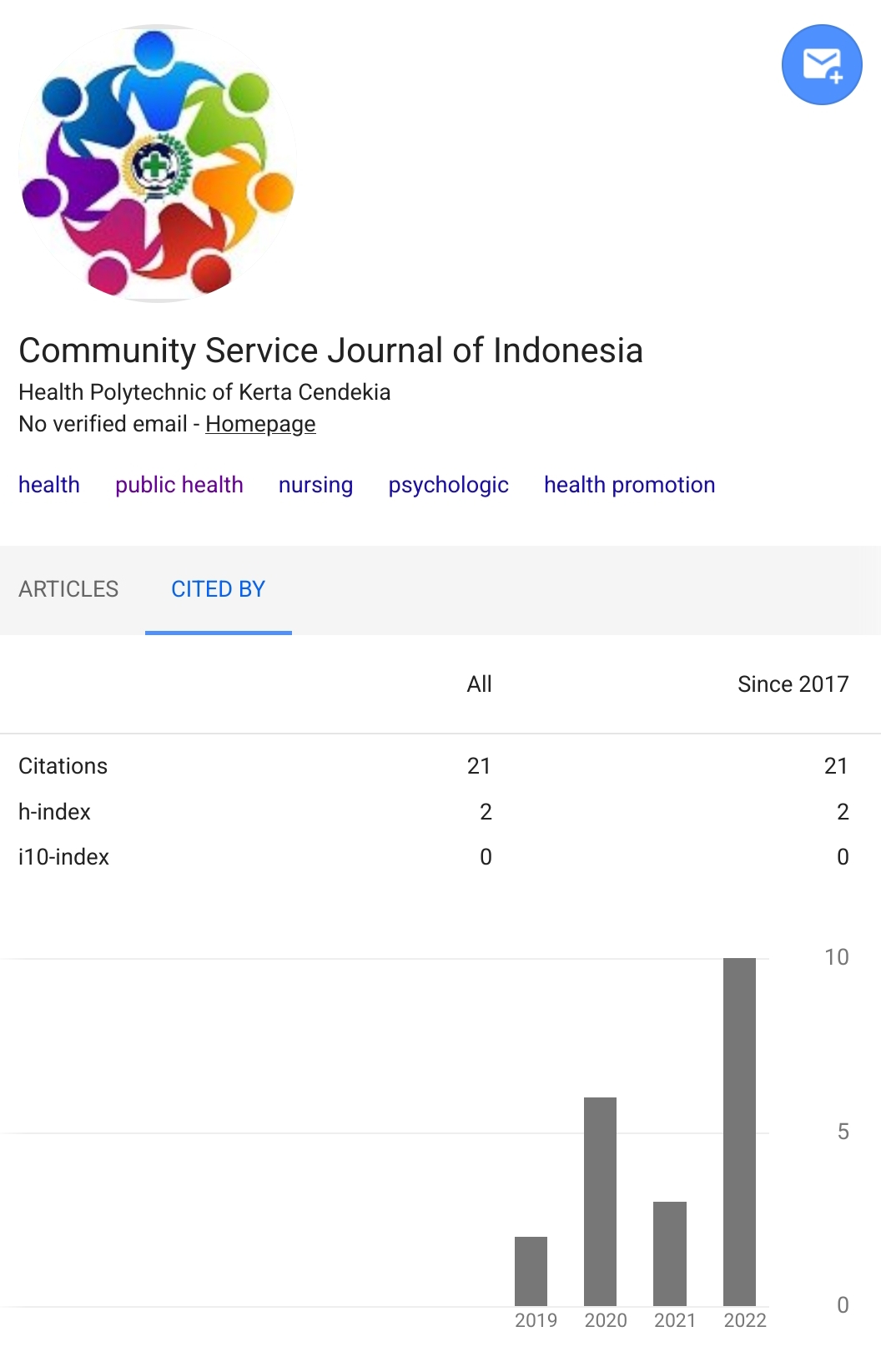THE DEVELOPMENT OF A PLAYGROUND AS AN EFFORT TO REDUCE THE IMPACT OF SMARTPHONE USE ON CHILD'S MINDSET
Keywords:
The impact of gadgets, playgorunds, physical activity
Abstract
Children in this millennial era cannot be separated from the use of smartphones, of course, without parental supervision, it will have an impact on the development of children's mental and psychological conditions. Excessive use of gadgets causes children to do little or even no physical activity at all, such as playing with their friends. Whereas physical activity in children affects the growth and development of children. Therefore, at the Bhayangkara University Surabaya Real Work Lecture, group 062 students took the initiative to make a playground in Tebel Village, Gedangan District, Sidoarjo Regency on 22 May - 6 June 2021. The children and residents around the play area were very happy and excited to come and take advantage of these facilities. It is expected that children are more active and can socialize with their peers.References
Muhibbin Syah. (2003). Psikologi Belajar. Jakarta: PT. Rajagrafindo Persada.
Hastuti. (2012). Psikolog Perkembangan Anak. Yogyakarta: Tugu Publisher.
Jonathan,dkk. (2015). Perancangan Board Game Mengenai Bahaya Radiasi Gadget Terhadap Anak. Surabaya: Universitas Kristen Pertra Surabaya.
Ole Fredric Lillemyr. (2009). Taking Play Seriously: Children and Play in Early Childhood Educatioon-an Exciting Challenge. Charlotte, NC: Information Age Publishing Inc
Hastuti. (2012). Psikolog Perkembangan Anak. Yogyakarta: Tugu Publisher.
Jonathan,dkk. (2015). Perancangan Board Game Mengenai Bahaya Radiasi Gadget Terhadap Anak. Surabaya: Universitas Kristen Pertra Surabaya.
Ole Fredric Lillemyr. (2009). Taking Play Seriously: Children and Play in Early Childhood Educatioon-an Exciting Challenge. Charlotte, NC: Information Age Publishing Inc
Published
2021-06-12
How to Cite
Sushanty, V. R., & Putra, A. L. (2021). THE DEVELOPMENT OF A PLAYGROUND AS AN EFFORT TO REDUCE THE IMPACT OF SMARTPHONE USE ON CHILD’S MINDSET. Community Service Journal of Indonesia, 3(1), 12-14. https://doi.org/10.36720/csji.v3i1.287
Section
Articles
Authors who publish with Community Service Journal of Indonesia agree to the following terms:
- Authors retain copyright licensed under a Creative Commons Attribution-NonCommercial 4.0 (CC BY-NC 4.0), which allows others to remix, tweak, and build upon the authors' work non-commercially, and although the others' new works must also acknowledge the authors and be non-commercial, they don't have to license their derivative works on the same terms.
- Authors are permitted and encouraged to post their work online (e.g., in institutional repositories or on their website) prior to and during the submission process, as it can lead to productive exchanges, as well as earlier and greater citation of published work (See The Effect of Open Access). Authors can archive pre-print and post-print or publisher's version/PDF.













